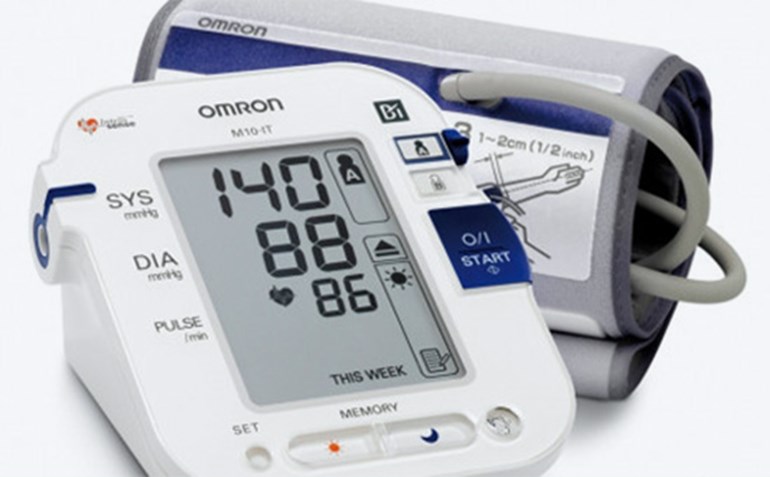International clinical trials are essential to access larger pools of potential participants for studies and to ensure medicines can be approved in multiple regions. But managing globalised trials also leaves you facing increased logistical challenges. For example, many regulations in emerging markets are not as clear cut as they are in the US or Western Europe and have also been fluctuating in recent years.
In these markets, the timelines for submitting and receiving approval to conduct a trial can vary widely. Import and export regulations for transporting clinical products and equipment are also inconsistent, making it more difficult to plan and coordinate your clinical product supply chain.
Expect the unexpected
With any multi-regional trials, you need to expect the unexpected, and think about all the obstacles that could delay your study timeline. These may include cultural differences and language barriers, diverse transportation and delivery times, the need for emergency technical support, as well as erratic environmental conditions in each country.
Here’s a reminder of 10 key actions to consider when planning your product supply chain for multi-regional trials.
- Customise your logistics for each country: at the study planning stage, review the most efficient and cost-effective ways you can manage your clinical products chain for each individual country, to maintain your overall control of the study.
- Focus on patients’ needs first: the standards of patient treatment and their means of transport will vary in different countries. So plan to streamline all clinical testing at each site to help improve regional patient retention, reduce time and maintain diagnostic accuracy.
- Know the importation rules for each country: find out the latest import/export licenses and regulation documents required for each country so you’re ready to comply with these throughout the trial.
- Look out for regulation changes during the trial: some countries may change their import/export regulations during the course of the trial so keep track of these so you can understand whether your trial will be subject to new requirements and promptly respond to these demands.
- Closely monitor each milestone: keep a close eye on each stage in the product supply chain to deliver the right products to the right international locations, to meet the SIV date for each trial.
- Build a realistic timeline for each country: include some flexibility into the product supply timeline to allow for any unforeseen setbacks, such as extreme weather conditions that may delay transportation, or regional and cultural events that may interrupt patient participation in each trial.
- Break down cultural barriers: employ study coordinators who are familiar with local customs and are able to communicate effectively across geographical and cultural boundaries to resolve issues.
- Train your clinical staff in each country: check that your manufacturers can provide clinical study staff who can speak the native language and are properly trained in the use of the relevant medical devices.
- Maintain ongoing communications: keep in close contact with the operations teams and supply teams in each country to oversee the coordination of all supply logistics in order to control your study.
- Provide 24-hr technical back-up: provide the clinical study staff with access to technical experts, who are on call 24 hrs a day to manage any problems with the medical devices.
Consider working with established multi-national partners who specialise in clinical trials: think about collaborating with recognised study partners with the international networks and expertise to help you manage your clinical product supply throughout the full life cycle of your trials.
